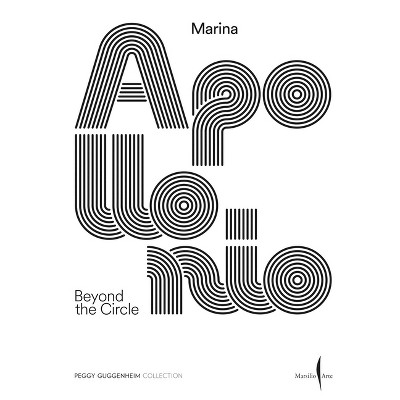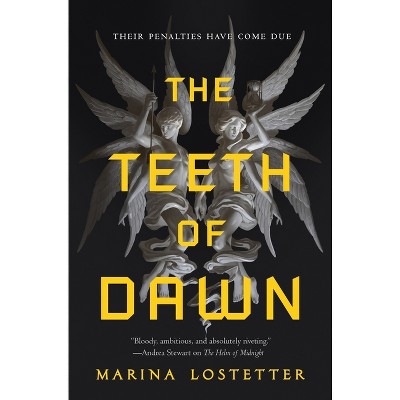Sponsored

We Pursue Our Magic - by Marina Magloire
In Stock
Sponsored
About this item
Highlights
- Drawing on the collected archives of distinguished twentieth-century Black woman writers such as Lucille Clifton, Audre Lorde, Toni Cade Bambara, Lorraine Hansberry, and others, Marina Magloire traces a new history of Black feminist thought in relation to Afro-diasporic religion.
- Author(s): Marina Magloire
- 218 Pages
- Literary Criticism, American
Description
About the Book
"In this book, Marina Magloire draws on the collected archives of distinguished 20th century Black woman artists and writers such as Lucille Clifton, Katherine Dunham, Audre Lorde, Toni Cade Bambara, Lorraine Hansberry, Nina Simone, and Zora Neale Hurston to trace a new history of Black feminist thought in relation to Afro-diaspora religion. She offers an alternative genealogy of Black feminism beginning in the 1930s with the path breaking ethnographic work of Katherine Dunham and Zora Neale Hurston in Haiti and ending with the present-day popularity of Afro-diasporic spiritual practices among Black women"--Book Synopsis
Drawing on the collected archives of distinguished twentieth-century Black woman writers such as Lucille Clifton, Audre Lorde, Toni Cade Bambara, Lorraine Hansberry, and others, Marina Magloire traces a new history of Black feminist thought in relation to Afro-diasporic religion. Beginning in the 1930s with the pathbreaking ethnographic work of Katherine Dunham and Zora Neale Hurston in Haiti and ending with the present-day popularity of Afro-diasporic spiritual practices among Black women, she offers an alternative genealogy of Black feminism, characterized by its desire to reconnect with ancestrally centered religions like Vodou.
Magloire reveals the tension, discomfort, and doubt at the heart of each woman's efforts to connect with ancestral spiritual practices. These revered writers are often regarded as unchanging monuments to Black womanhood, but Magloire argues that their feminism is rooted less in self-empowerment than in a fluid pursuit of community despite the inevitable conflicts wrought by racial capitalism. The subjects of this book all model a nuanced Black feminist praxis grounded in the difficult work of community building between Black women across barriers of class, culture, and time.
Review Quotes
"We Pursue Our Magic, takes a look at the role and impact of Black spiritual experiences and expressions through their incorporation in the literary works of Black women. . . . Magloire provides many reflective areas as she marks a trail for other Black feminist scholars to continue to build upon. We Pursue Our Magic will be of interest to undergraduate and graduate students, and scholars working in areas of literature, Black Diaspora studies, religious studies and the arts, ethnography, anthropology, and similar fields."--Nova Religio
"A significant and valuable step on this journey to more fully express and articulate the meanings of Black spirituality, especially for Black women. . . . We Pursue Our Magic deserves a close and careful reading."--Reading Religion
"A tremendous history of Black feminist thought based on the archives of writers such as Toni Cade Bambara, Lorraine Hansberry and Audre Lorde. Through this vital research, Magloire examines Black feminism through the lens of religion, spirituality and ancestor-focused community-making."--Ms. Magazine
"An engaging and thoroughly researched book that brings together well- and lesser-known figures to explore religion, spirituality, and feminism among African American women writers, artists, and scholars. For scholars interested in gender, religion, diaspora relations, and comparative diaspora studies, We Pursue Our Magic is essential."--Tiffany Patterson, Vanderbilt University
"Magloire rightfully challenges the Black American women who exalt the feminist thrust of Haitian Vodou, while excluding Haitian women from the discourse. . . . [T]he volume is original and thought provoking, and it offers exciting interventions in Black feminist studies."--Journal of American History
Shipping details
Return details
Trending Poetry











